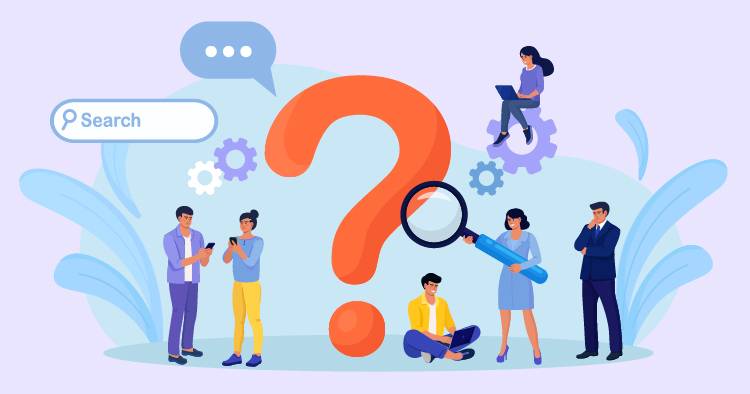
Questions to Ask a Web Design Company Before Hiring
Discover the key questions to ask a web design company to ensure they meet your business needs and can deliver a successful website.

Discover the key questions to ask a web design company to ensure they meet your business needs and can deliver a successful website.
